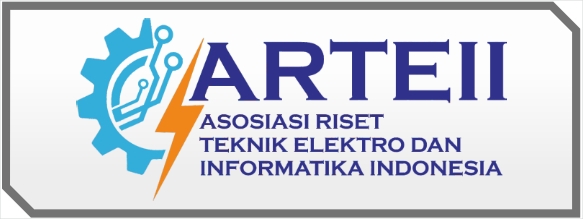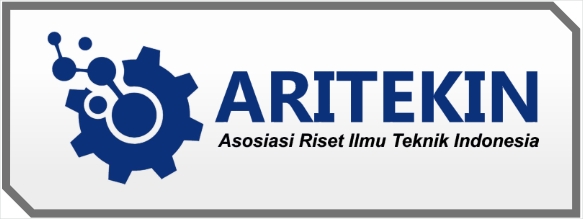The Impact of Social Media on Student Academic Performance and Digital Wellbeing
DOI:
https://doi.org/10.55606/icesst.v1i2.492Keywords:
Academic performance, digital well-being, social media, student learning, technology useAbstract
The increasing use of social media among students has raised concerns regarding its impact on academic performance and digital well-being. This study aims to examine the relationship between social media usage, student learning outcomes, and overall well-being in a digital environment. Using a mixed-methods approach, data were collected through surveys and in-depth interviews with high school and university students. The findings indicate that while social media can serve as a valuable tool for academic collaboration and resource-sharing, excessive and unregulated usage often leads to distractions, reduced academic performance, and negative effects on mental health. The study highlights the need for balanced social media engagement and the implementation of digital literacy programs to promote responsible usage. These insights contribute to the ongoing discussion on digital well-being and offer practical recommendations for students, educators, and policymakers.
References
Ağır, F., & Keskin, S. (2019). The effect of self-regulated learning strategies on academic achievement: A meta-analysis study. Educational Sciences: Theory & Practice, 19(2), 75-89.
Al-Menayes, J. J. (2015). Social media use, engagement, and addiction as predictors of academic performance. Journal of Social Media Studies, 1(1), 1-10.
Best, P., Manktelow, R., & Taylor, B. (2014). Online communication, social media, and adolescent well-being: A systematic narrative review. Children and Youth Services Review, 41, 27-36.
Junco, R. (2012). The relationship between frequency of Facebook use, participation in Facebook activities, and student engagement. Computers & Education, 58(1), 162-171.
Junco, R. (2015). Student class standing, Facebook use, and academic performance. Journal of Applied Developmental Psychology, 36, 18-29.
Kaplan, A. M., & Haenlein, M. (2019). Rethinking social media: Definition and future research directions. Journal of Business Research, 125, 552-565.
Kirschner, P. A., & Karpinski, A. C. (2010). Facebook and academic performance: A study at the college level. Computers in Human Behavior, 26(6), 1237-1245.
Manca, S., & Ranieri, M. (2016). Facebook and the others. Potentials and obstacles of social media for teaching in higher education. Computers & Education, 95, 216-230.
Quan-Haase, A., & Young, A. L. (2010). Uses and gratifications of social media: A comparison of Facebook and instant messaging. Bulletin of Science, Technology & Society, 30(5), 350-361.
Selwyn, N. (2016). Social media in higher education: The state of the art. International Journal of Educational Technology in Higher Education, 13(1), 1-20.
Sweller, J. (1994). Cognitive load theory, learning difficulty, and instructional design. Learning and Instruction, 4(4), 295-312.
Twenge, J. M., Joiner, T. E., Rogers, M. L., & Martin, G. N. (2018). Increases in depressive symptoms, suicide-related outcomes, and suicide rates among U.S. adolescents after 2010 and links to increased social media use. Clinical Psychological Science, 6(1), 3-17.
Zimmerman, B. J. (2000). Attaining self-regulation: A social cognitive perspective. Handbook of Self-Regulation, 13(1), 13-39.
Downloads
Published
How to Cite
Issue
Section
License
Copyright (c) 2022 The International Conference on Education, Social Sciences and Technology (ICESST)

This work is licensed under a Creative Commons Attribution-ShareAlike 4.0 International License.















